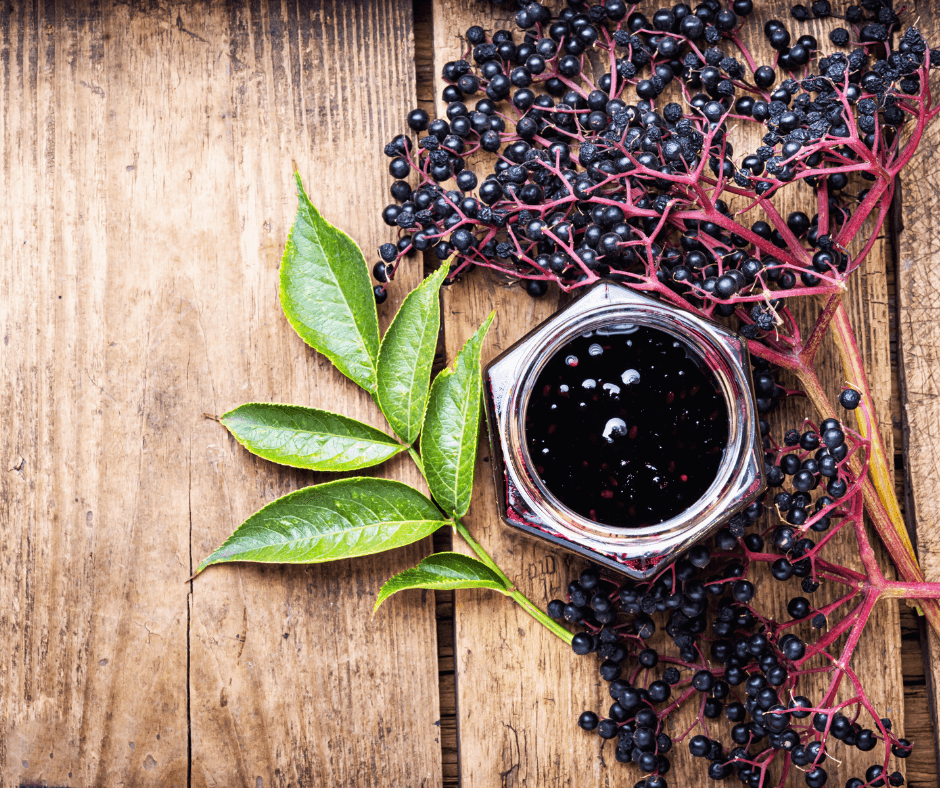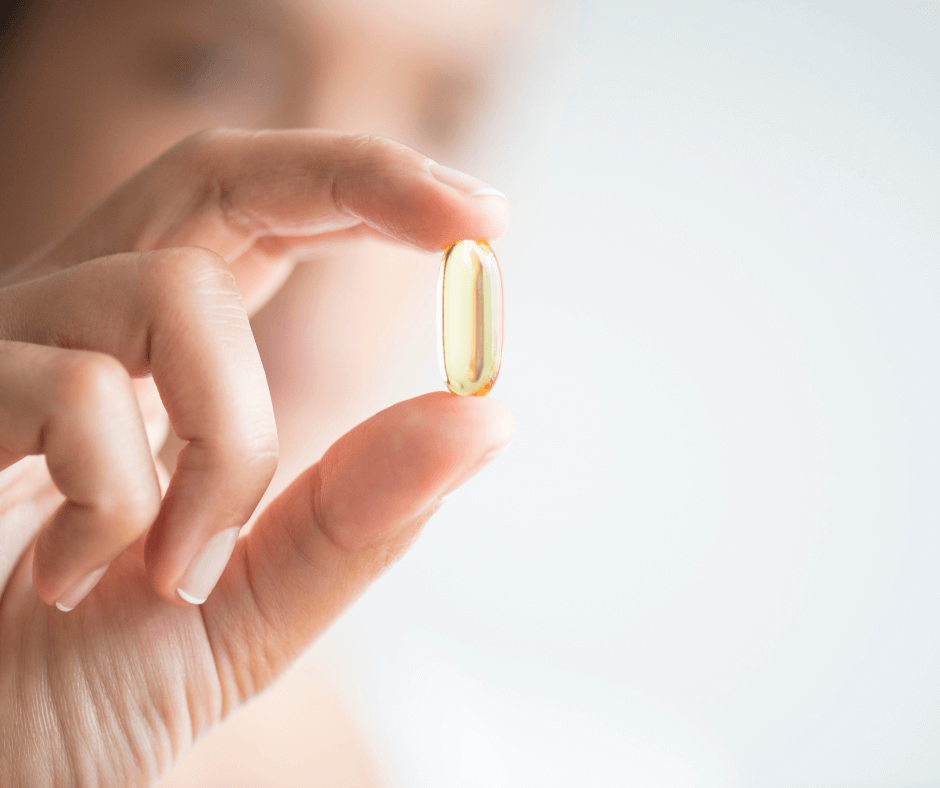Elderberry: Benefits, Usage and Side Effects

Elderberry is a nutrient packed berry that has been used for thousands of years for its health benefits. Hippocrates, the ancient Greek physician, known today as the father of medicine, held the elderberry plant in such high regard for its health benefits that he named it a medicines chest.
This article discusses in detail all the benefits of elderberry including elderberry syrup benefits.
What is elderberry?
Elderberry is one of the most widely used medicinal berries across the world. It has been used for centuries, including by the Native Americans, for its health benefits and is now one of the most scientifically studied medicinal plants. Elderberry is naturally quite tart and should be cooked before consumption. Its natural health properties have been harnessed in the form of elderberry syrups, that are pleasant to take. Interestingly, when processed into a syrup the amount of anthocyanins increase and in turn leads to a more potent form, resulting in an increase in elderberry syrup benefits. Elderberry syrups can be harnessed for use against cold and flu symptoms and to help prevent viruses.
There are around 30 different types of elder plants around the world. The elderberry bush that is most prevalent in Europe is called Sambucus nigra. Sambucus nigra is the most scientifically studied elderberry plant and has the most evidence backing its health benefits.
Elderberries are rich in nutrients, powerful antioxidants and vitamins. Elderberries are a great source of natural vitamin C and protect against harmful free-radicals in the body that can cause damage to cells.
Elderberry benefits range from helping in respiratory based infections where breathing and lungs are affected and helping to reduce illness duration of colds and flu.
Nutritional benefits of Elderberry
Elderberries are packed with nutrients and have many nutritional benefits. One cup of elderberries contains the following nutrition: 52.2mg vitamin C, 10g dietary fiber, 1g protein, 0.7g fat and 26.7 carbohydrates.
The top nutritional elderberry benefits are listed below:
- Rich in vitamin C: Elderberries contain 52mg of vitamin C per cup, this is 87% of your recommended daily intake. Vitamin C contributes to normal function of the immune system and reduction in tiredness and fatigue.
- High in anthocyanins – anthocyanins are potent antioxidants and give elderberries its deep purple colour. They can also be found in other berries like blueberries. These antioxidant properties have positive health benefit including anti-inflammatory action.
- Potent source of phenolic acid – phenolic acids are known for their antioxidant properties and help to prevent harmful free radical damage to the cells within the body (2).
- Great source of flavanols – flavanols are also known for their antioxidant benefits. Flavanols have shown benefits in reducing blood pressure and protecting cells against damage.
- High in fiber: 10g of fibre per cup – dietary fiber helps maintain bowel health and helps prevent constipation.
What is elderberry most commonly used for?
Elderberry is most commonly used for immune supporting syrups, teas, capsules and gummies. Elderberry is also less commonly used in jams, wine and as a food colouring.
Top 5 Health Benefits of Elderberry
-
Immune support – Out of all the elderberry benefits, immune support is what elderberry is most well known for. It has the backing of history, being used for its health benefits as far back as the ancient Greeks and ancient Egyptians. On top of this, it is now one of the most scientifically tested berries proving its positive immunity health benefits. One study showed how elderberry reduced cold and flu symptoms and the length and severity of those symptoms. 312 airlines passengers participated in a study, half were given elderberry supplementation (10 days prior to and 5 days after flight) and half were given a placebo. Those participants that took the elderberry supplement showed 50% fewer cold episodes, 33% shorter illness duration, 50% fewer symptoms and 33% less severe symptoms (3). A study showed that supplemental elderberry substantially reduced upper respiratory symptoms (4)
-
Improve skin and hair health – elderberry has anti-microbial, anti-fungal and anti-inflammatory action. These properties have shown promise in helping to reduce the frequency of skin inflammation like spots (5).
-
Prebiotic – There are around 100 trillion microbial cells that live in the human gut. Having a healthy gut has a positive impact on the whole body. There is some new research from 2022 that elderberry has benefit as a prebiotic. Polyphenol rich black elderberry extract given to health individuals in a clinical study showed prebiotic properties (6).
-
May have benefit in heart health – Elderberries are high in flavanols, and studies have shown the benefit of this compounded in helping lower blood pressure and prevent the onset of heart disease. A study showed that participants that were given a mixed berry drink rich in elderberries had a reduction in cholesterol (7).
- Improve exercise performance – concentrated elderberry syrup is perfect for athletes or gym goers. Intense exercise can put your body under strain and can sometimes make you more susceptible to illness if you don’t allow enough recovery time. Elderberry helps bolster the immune system due to its antimicrobial properties.
The elderberry has been used in natural plant-based medicine throughout time and is most well-known for its anti-viral action. It has also shown benefit to help relieve stress and interestingly it is one of the main health tonics provided at health spa retreats.
In a study looking at treatment of viruses, elderberry was shown to be comparable in effectiveness to Tamiflu, one of the most widely prescribed anti-viral drugs (1). This is mainly because it was shown to increase a specific type of cytokine which is responsible for activating the immune system.
Potential Side Effects of Elderberry
Elderberry is generally very safe and doesn’t have many side effects. It should never be eaten raw, as uncooked elderberries can be toxic, causing stomach upset and sickness. Elderberry is usually best taken in syrup form and from a reputable brand. Elderberry syrup from these brands go through the approved extraction process and are safe for use. It is safer not to try and make your own elderberry syrup at home as this can be dangerous. It is recommended to avoid elderberry in pregnancy as even though there is no evidence to say it is harmful it is best to be cautious and avoid.
Recommended Dosage of Elderberry
There is no set recommended daily intake of elderberry. The daily intake varies depending on the treatment, for example elderberry for colds will have a higher dose than the maintenance dose when using for general immune support. Sometimes it is recommended to increases the dose through winter when we are more susceptible to viruses. It is important to always stick to the recommended dosage instructions on the pack of any elderberry syrup products you buy and not to exceed this dose recommendation.
To achieve the health benefits, like reducing cold and flu symptoms, clinically studies have shown that a daily dose of 600mg to 900mg of elderberry is required. It is usually recommended to increase the dose during winter months when cough and colds are most prevalent.
The number of influenza and viral infections are at an all-time high. This has led to an increased use of elderberry syrup for colds and flu. The main health benefit of elderberry and in particular concentrated elderberry syrups is its immune support benefits. Elderberry is one of the few natural remedies that has scientific evidence backing up its claims in the form of clinical studies performed on people. People taking elderberry had fewer cold episodes, shorter illness duration, fewer symptoms and less severe symptoms. The studies confirm the efficacy of European Black Elderberry Extract on physical and respiratory health. Interestingly, this medicinal berry also had comparable anti-viral action to prescription only anti-viral medication like Tamiflu.
- https://pubmed.ncbi.nlm.nih.gov/19682714/
- https://www.ncbi.nlm.nih.gov/pmc/articles/PMC6734135/
- https://pubmed.ncbi.nlm.nih.gov/27023596/
- https://pubmed.ncbi.nlm.nih.gov/30670267/
- https://www.ncbi.nlm.nih.gov/pmc/articles/PMC7346205/
- https://www.mdpi.com/2075-4426/12/9/1479
- https://www.insider.com/guides/health/diet-nutrition/elderberry-benefits




Comments
Lascia un commento
Your Email Address Will Not Be Published. Required Fields Are Marked *